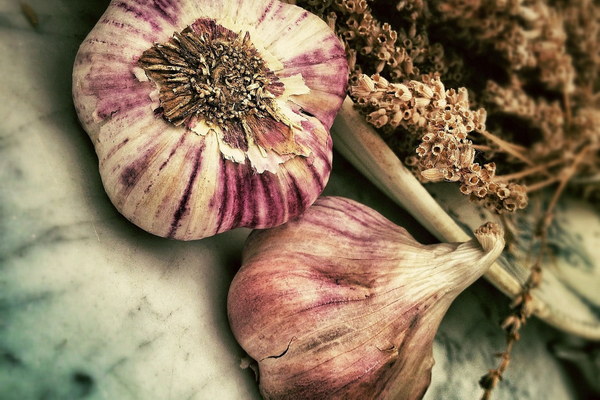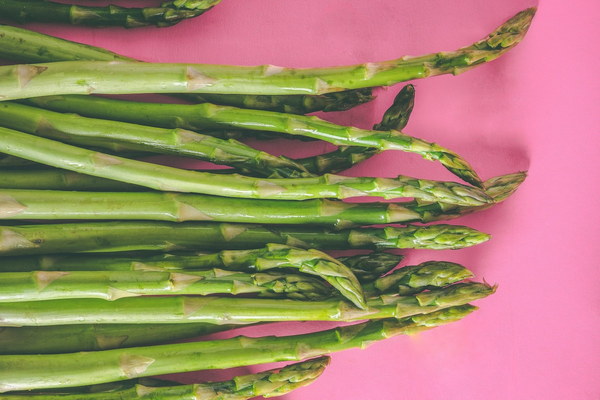Revitalizing Spleen and Qi Nurturing Your Vital Energy for Health and Wellness
In the realm of traditional Chinese medicine, the concept of nurturing the spleen and qi is fundamental to maintaining overall health and vitality. When the spleen and qi are deficient, it can lead to a variety of symptoms, including fatigue, weakness, and poor digestion. This article delves into the importance of balancing the spleen and qi, and offers practical advice on how to support this vital aspect of your health.
Understanding Spleen and Qi Deficiency
The spleen and qi are integral to the functioning of the body according to TCM. The spleen, known as the guardian of the middle in Chinese medicine, plays a crucial role in transforming food into energy and nutrients. Qi, or vital energy, is the life force that flows through the body, providing power for all physiological functions.
When the spleen and qi are deficient, it can manifest in several ways:
- Fatigue: A persistent lack of energy, even after rest, is a common symptom of spleen and qi deficiency.
- Digestive Issues: Poor appetite, bloating, gas, and diarrhea can occur when the spleen is unable to properly break down food.
- Weakness: General weakness, lack of endurance, and muscle fatigue are often associated with a deficiency in spleen and qi.
- Mental Health: Emotional symptoms such as depression, anxiety, and a foggy mind can be linked to an imbalance in the spleen and qi.
Nurturing Spleen and Qi: A Holistic Approach
To address spleen and qi deficiency, a holistic approach is essential. This involves diet, lifestyle, and, in some cases, herbal remedies and acupuncture.

Dietary Adjustments
1. Nutritious Foods: Incorporate foods that are rich in vitamins, minerals, and easily digestible proteins. Brown rice, sweet potatoes, and tofu are all great choices.
2. Avoid Cold and Raw Foods: Cold and raw foods can weaken the spleen and qi. Opt for warm, cooked meals instead.
3. Herbal Teas: Ginger, cinnamon, and licorice root are herbs that can help boost spleen and qi. These can be brewed into teas or added to soups and stews.
4. Probiotics: Foods like yogurt, kefir, and sauerkraut can support gut health and, by extension, the spleen.
Lifestyle Changes
1. Regular Exercise: Gentle activities like walking, tai chi, or yoga can help boost energy levels and improve overall health.
2. Adequate Rest: Ensure you are getting enough sleep, as the body repairs and rejuvenates during rest.
3. Stress Management: Stress can deplete the spleen and qi. Techniques such as meditation, deep breathing exercises, or spending time in nature can help reduce stress levels.
4. Moderation: Avoid excessive alcohol, caffeine, and other stimulants that can further weaken the spleen and qi.
Herbal Remedies and Acupuncture
Herbal remedies, such as those containing astragalus or codonopsis, are often prescribed by TCM practitioners to support the spleen and qi. Acupuncture, which can help balance the body's energy flow, may also be recommended.
Conclusion
Balancing the spleen and qi is a crucial step towards achieving optimal health and vitality. By adopting a holistic approach that includes a healthy diet, lifestyle modifications, and, if necessary, complementary therapies, individuals can effectively address spleen and qi deficiency. Remember, the journey to wellness is a personal one, and it is important to listen to your body and seek guidance from healthcare professionals when needed.









